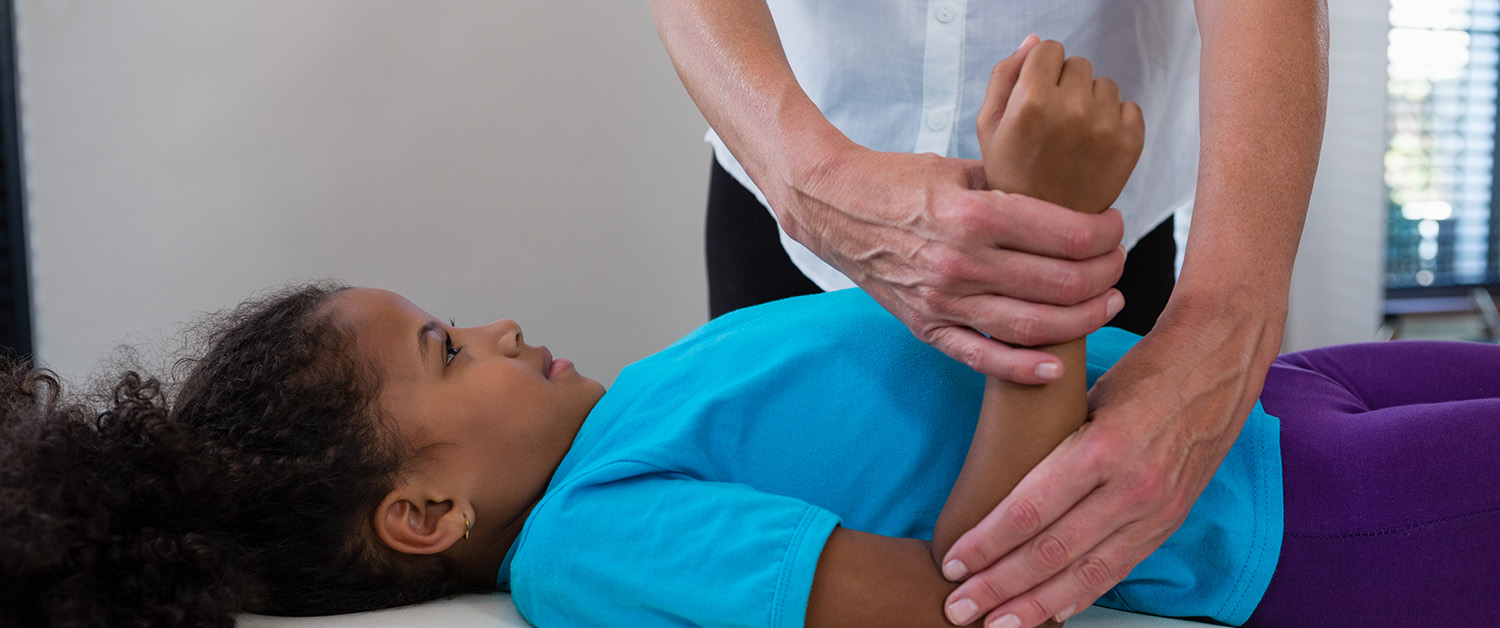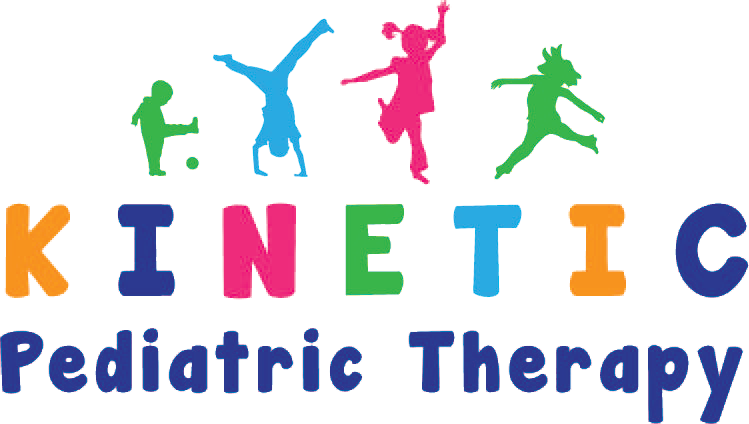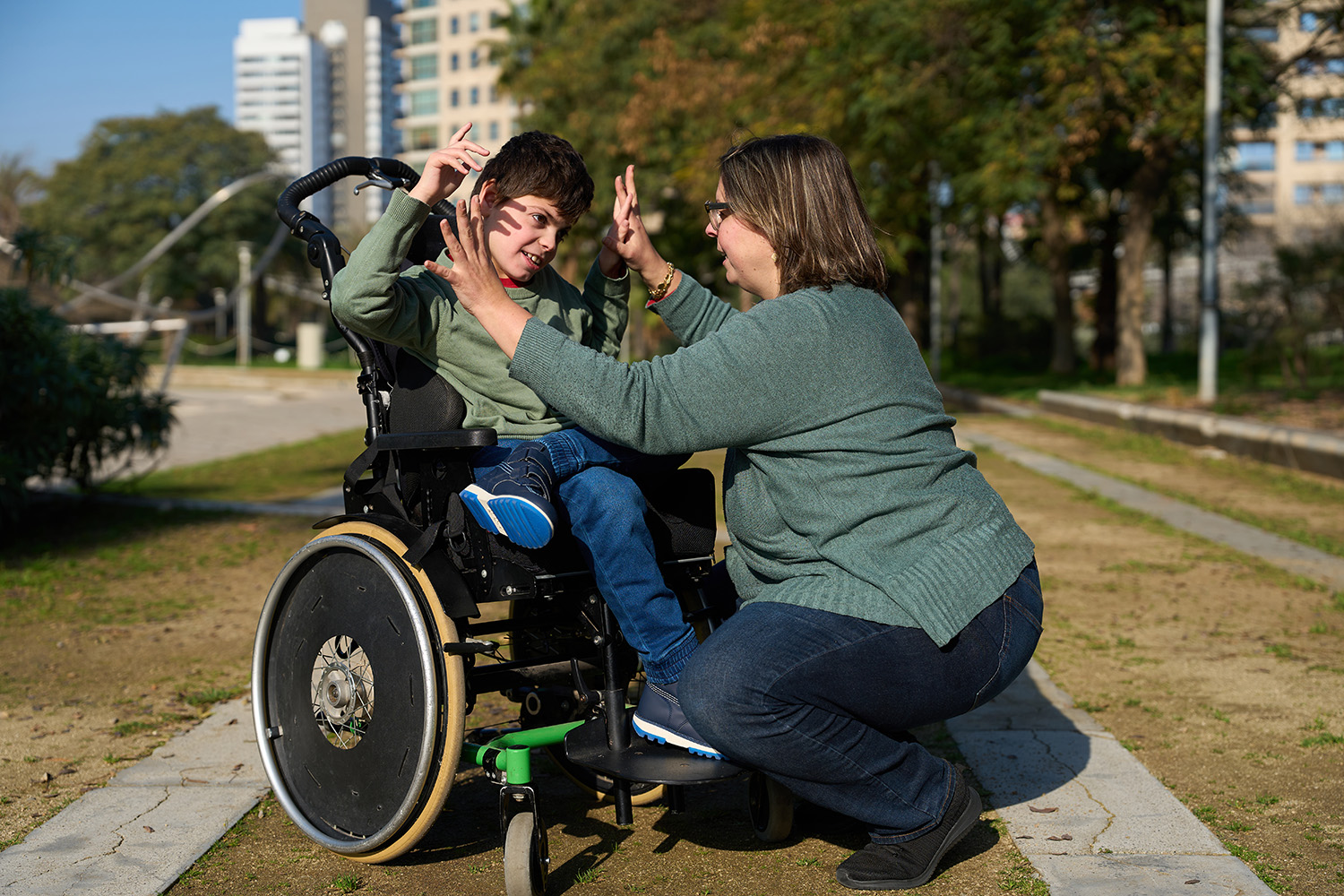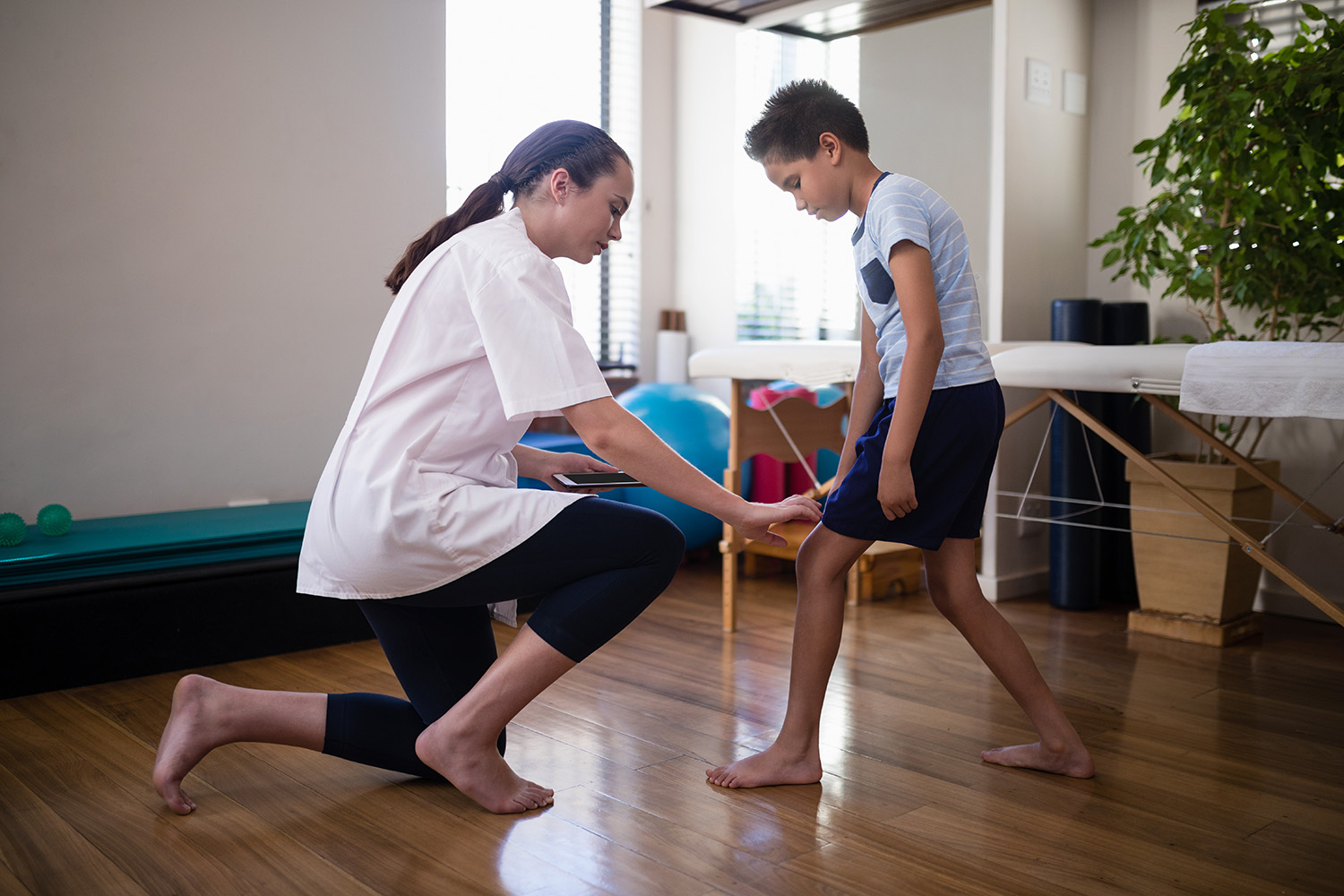
Why Physical Therapy is Essential for Students with Special Needs
A School-Based Approach
Students with special needs and disabilities face unique challenges in their educational journeys, often requiring additional support to navigate the physical demands of school life. For these students, physical therapy is not just a supportive service; it’s an essential component of their academic and social success. Through targeted interventions and personalized care, physical therapy helps students with special needs overcome physical barriers, improve their motor skills, and participate more fully in school activities. A school-based approach to physical therapy ensures that these students receive the support they need in the most relevant and accessible environment: their school.
The Role of Physical Therapy in Supporting Students with Special Needs
Physical therapy focuses on improving a student’s physical abilities, helping them to develop strength, balance, coordination, and motor skills. For students with disabilities, these interventions are critical for navigating daily school activities that their peers may take for granted. Walking between classes, sitting at a desk, participating in gym class, or even writing with a pencil can be daunting tasks for students with physical impairments. Physical therapy equips them with the tools they need to tackle these challenges, fostering greater independence and confidence in the process.
Students with special needs often experience conditions that affect their mobility, coordination, or muscle strength, such as cerebral palsy, muscular dystrophy, or spina bifida. These conditions can make it difficult for students to move around the school campus or participate in physical activities without assistance. Physical therapists work with students to enhance their physical capabilities, allowing them to engage in a broader range of school activities, from academics to extracurriculars. The goal is to empower students with the physical skills they need to succeed both inside and outside the classroom.
How Contract Physical Therapy Improves Motor Skills and Classroom Engagement
The Importance of Individualized Care Plans for Children with Special Needs
One of the most critical aspects of physical therapy for students with special needs is the development of individualized care plans. Every student is different, and their physical challenges vary based on their specific disabilities. A one-size-fits-all approach to therapy is ineffective, which is why personalized treatment plans are essential. Contract physical therapists collaborate closely with teachers, parents, and healthcare providers to create these tailored plans that focus on each student’s unique physical needs and educational goals.
An individualized care plan takes into account the student’s current abilities, challenges, and potential for growth. For example, a student with limited mobility may benefit from a therapy plan that focuses on improving strength and coordination to help them use a mobility device more effectively. Meanwhile, a student with poor fine motor skills may require exercises to enhance their hand dexterity for writing or using classroom tools. These plans are regularly reviewed and updated as students make progress, ensuring that therapy continues to meet their evolving needs.
By creating specific, measurable goals for each student, physical therapists can track progress over time, making adjustments as needed to ensure continuous improvement. This personalized approach not only helps students achieve physical milestones but also ensures that they are receiving the most appropriate and effective care for their condition.
Contract Physical Therapy Services
Addressing Physical Barriers to Learning
For students with disabilities, physical barriers can significantly impact their ability to learn and participate in school activities. Physical therapy plays a crucial role in removing or mitigating these barriers. For example, students with poor posture or muscle weakness may find it difficult to sit comfortably for extended periods, leading to distraction and discomfort during lessons. Physical therapists work with these students to strengthen their core muscles, improve posture, and increase endurance, allowing them to focus on learning without being hindered by physical discomfort.
In addition, students with motor impairments may struggle with fine motor tasks such as writing, typing, or using scissors. These tasks are essential for completing schoolwork, taking exams, and participating in art or other hands-on activities. Through targeted interventions, physical therapists help students improve their fine motor skills, making it easier for them to complete academic tasks and engage in classroom projects.
For students who use mobility devices, physical therapists provide guidance on how to use these devices effectively and safely within the school environment. Whether it’s teaching a student how to maneuver a wheelchair through hallways or helping them become more comfortable using a walker, physical therapy ensures that students can move independently and confidently through their school day.
Promoting Independence and Confidence
One of the most significant benefits of physical therapy for students with special needs is the promotion of independence. As students develop stronger motor skills, they become more capable of performing daily tasks on their own, reducing their reliance on teachers, aides, or peers for assistance. This increased independence fosters a sense of accomplishment and self-confidence, which is essential for a student’s emotional well-being and academic success.
For many students with disabilities, the ability to move independently or complete tasks without assistance is a transformative experience. It allows them to participate more fully in classroom activities, social interactions, and extracurricular events. This independence extends beyond the classroom as well—students who develop strong physical skills through therapy are better equipped to handle daily life tasks at home and in the community.
Physical therapy also helps students build the resilience and problem-solving skills they need to overcome physical challenges. By working with therapists to set and achieve physical goals, students learn how to persevere through difficulties, adapt to new situations, and take pride in their accomplishments. This sense of empowerment is invaluable, helping students feel more confident in their abilities both in school and in their personal lives.
Enhancing Social Participation
Physical therapy not only addresses physical challenges but also helps students with special needs engage more fully in the social aspects of school life. Many students with disabilities face barriers to participating in activities like recess, physical education, or after-school sports due to their physical limitations. This can lead to feelings of isolation or exclusion from their peer group.
Physical therapists work with students to develop the skills they need to participate in these activities alongside their peers. Whether it’s improving coordination for team sports or building the strength needed to play on the playground, physical therapy helps students become active participants in school social life. This social inclusion is critical for fostering friendships, building self-esteem, and promoting emotional well-being.
Additionally, by working with teachers and school staff, physical therapists ensure that the school environment is accommodating and inclusive for students with special needs. This might involve making modifications to playground equipment, ensuring that classrooms are accessible, or providing training for staff on how to support students with physical disabilities.
Preparing Students for the Future
The benefits of physical therapy extend far beyond the school years. The skills and abilities that students develop through therapy will serve them throughout their lives, helping them navigate the challenges of adulthood with greater independence and confidence. Physical therapy equips students with the tools they need to succeed not only academically but also in their personal and professional lives.
For students with special needs, the transition from school to adulthood can be particularly challenging, especially if they face physical barriers that limit their independence. Physical therapy helps to prepare students for this transition by building the physical and motor skills they will need to thrive in a variety of settings, from higher education to the workplace. By developing these skills early on, students are better positioned to lead independent, fulfilling lives as adults.
Physical therapy is essential for students with special needs, offering individualized care plans that address each student’s unique challenges and goals. By improving motor skills, removing physical barriers to learning, promoting independence, and enhancing social participation, physical therapy empowers students to succeed both in and out of the classroom. Through a school-based approach, physical therapy ensures that students receive the support they need in the environment where they spend most of their time, helping them develop the physical and emotional resilience necessary for lifelong success.
🏃♂️ Help your students reach their full potential with expert Pediatric Physical Therapy! Kinetic Pediatric Contract Therapy offers tailored physical therapy services to schools across North Carolina, helping children improve their strength, mobility, and coordination. Our dedicated therapists work one-on-one with students to ensure they have the tools they need to succeed both in the classroom and in life. 🌟 Empower your students with the support they deserve—bring our Pediatric Physical Therapy services to your school today and promote their physical well-being and growth!
Please Share




